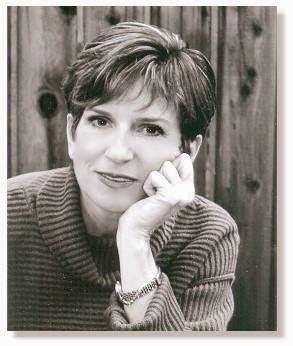Stephen King put together a list recently and I must say, it's pretty darn good…
His list of twenty rules…
1. First write for yourself, and then worry about the audience. “When you write a story, you’re telling yourself the story. When you rewrite, your main job is taking out all the things that are not the story.”
2. Don’t use passive voice. “Timid writers like passive verbs for the same reason that timid lovers like passive partners. The passive voice is safe.”
3. Avoid adverbs. “The adverb is not your friend.”
4. Avoid adverbs, especially after “he said” and “she said.”
5. But don’t obsess over perfect grammar. “The object of fiction isn’t grammatical correctness but to make the reader welcome and then tell a story.”
6. The magic is in you. “I’m convinced that fear is at the root of most bad writing.”
7. Read, read, read. ”If you don’t have time to read, you don’t have the time (or the tools) to write.”
8. Don’t worry about making other people happy. “If you intend to write as truthfully as you can, your days as a member of polite society are numbered, anyway.”
9. Turn off the TV. “TV—while working out or anywhere else—really is about the last thing an aspiring writer needs.”
10. You have three months. “The first draft of a book—even a long one—should take no more than three months, the length of a season.”
11. There are two secrets to success. “I stayed physical healthy, and I stayed married.”
12. Write one word at a time. “Whether it’s a vignette of a single page or an epic trilogy like ‘The Lord of the Rings,’ the work is always accomplished one word at a time.”
13. Eliminate distraction. “There’s should be no telephone in your writing room, certainly no TV or videogames for you to fool around with.”
14. Stick to your own style. “One cannot imitate a writer’s approach to a particular genre, no matter how simple what that writer is doing may seem.”
15. Dig. “Stories are relics, part of an undiscovered pre-existing world. The writer’s job is to use the tools in his or her toolbox to get as much of each one out of the ground intact as possible.”
16. Take a break. “You’ll find reading your book over after a six-week layoff to be a strange, often exhilarating experience.”
17. Leave out the boring parts and kill your darlings. “(kill your darlings, kill your darlings, even when it breaks your egocentric little scribbler’s heart, kill your darlings.)”
18. The research shouldn’t overshadow the story. “Remember that word back. That’s where the research belongs: as far in the background and the back story as you can get it.”
19. You become a writer simply by reading and writing. “You learn best by reading a lot and writing a lot, and the most valuable lessons of all are the ones you teach yourself.”
20. Writing is about getting happy. “Writing isn’t about making money, getting famous, getting dates, getting laid or making friends. Writing is magic, as much as the water of life as any other creative art. The water is free. So drink.”



